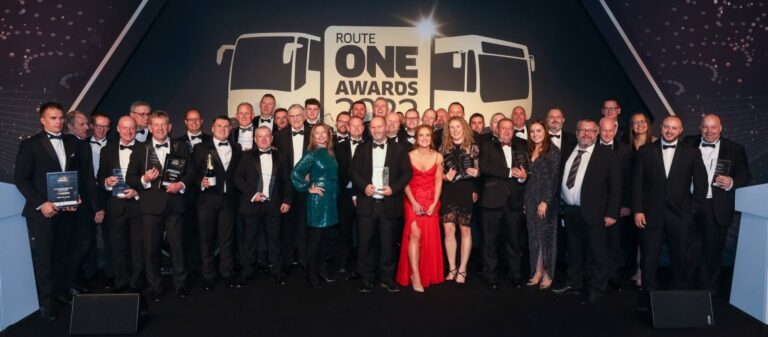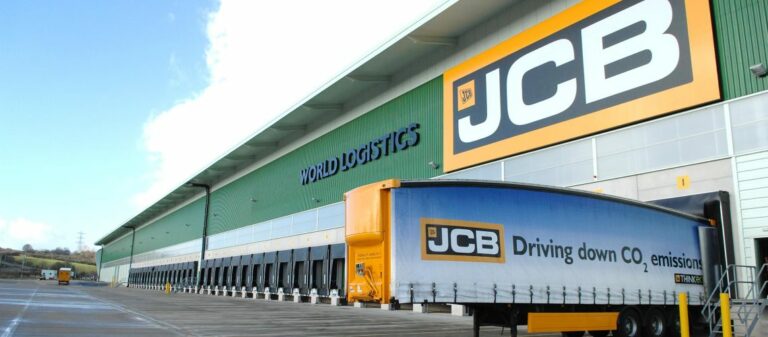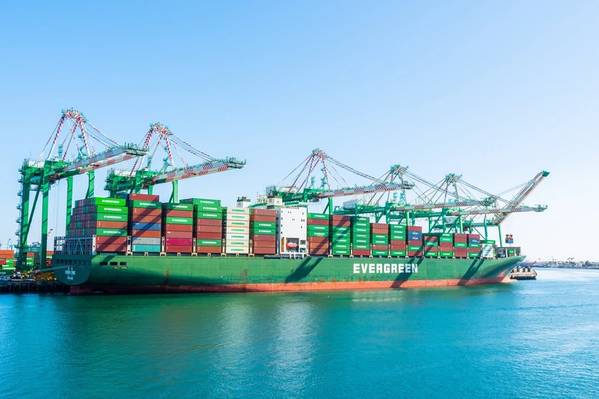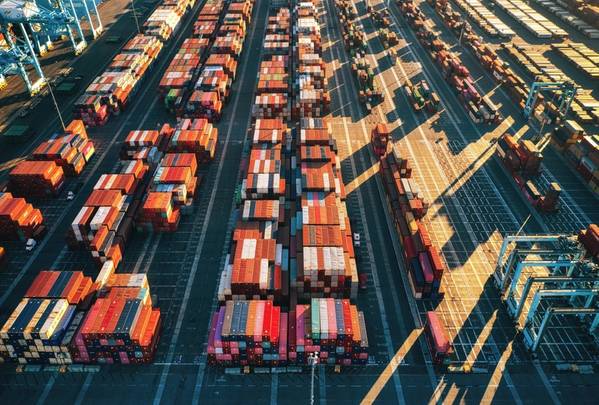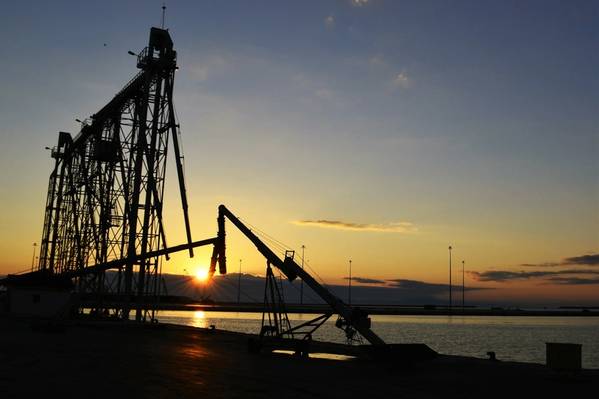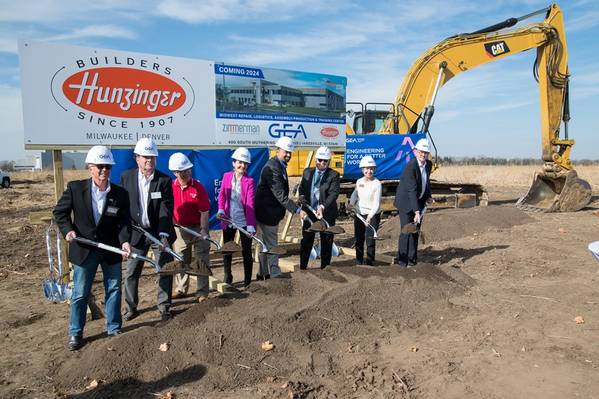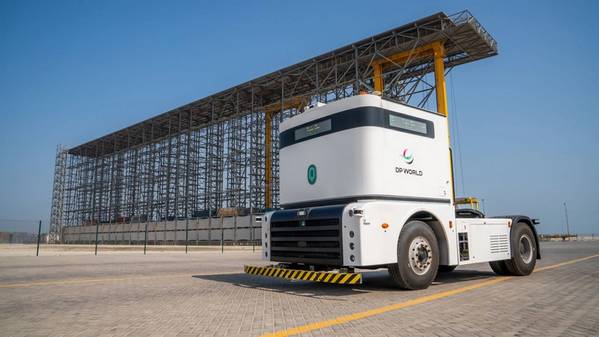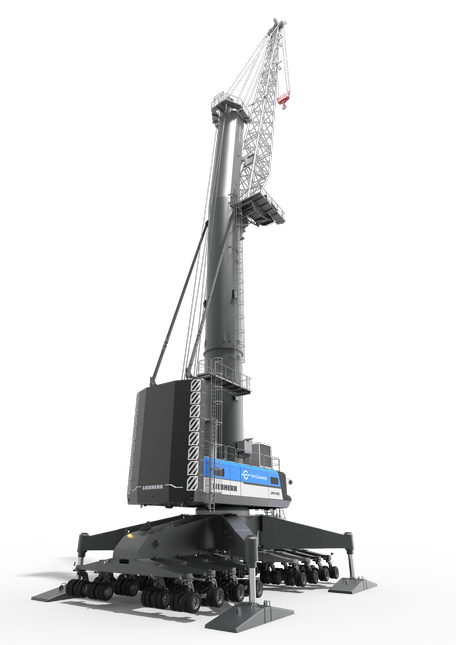The routeone Awards 2022 has officially announced the winners of the 16th edition at the Hilton Birmingham Metropole. The Awards welcomed over 800 guests in a celebration to recognise the achievements of operators and individuals working within the coach and bus industry.
The UK’s leading coach and bus operators went home with an incredible achievement. Amongst them were companies such as Stagecoach East, National Express UK Coach, Newport Transport, Anthony’s Travel, Maynes Coaches, Uno Buses, York Pullman, Brighton & Hove and Metrobus, and Oxford Bus Company – The Airline.
“The routeone Awards has once again lived up to its reputation as the bus and coach industry’s premier recognition showcase. Once again, the quality of this year’s Awards finalists was remarkable. Standing out from the crowd is no mean feat in such an innovative, creative and committed industry, but our 2022 winners do just that,” commented on the event Helen Conway, Event Director at Diversified Communications, the organisers of the routeone Awards and Euro Bus Expo.
Individuals from Masons Minibus and Coach Hire, Maynes Coaches, First Hampshire, Dorset and Berkshire, Stanley Travel, First West Yorkshire and FlixBus took home prizes in the ‘people’ categories. Peter Newman, Chairman of Ensignbus Company, a bus and coach operator and bus dealer based in Purfleet, Essex, received this year’s Special Award, which is also the only category nominated directly by the judges. Meanwhile, individuals from Adventure Travel and Johnson Bros Tours / Redfern Travel also came highly commended.
The black-tie celebration began with entertainment from multi-award-winning British actress, comedian, and producer, Sally Phillips, known for her work in the comedy television series I’m Alan Partridge, Jam and Jerusalem, Miranda, Taskmaster and Veep. Sally was then joined by co-host Tim Deakin, Editor of routeone, to present the Awards to the 2022 winners.
“After a three-year hiatus, it was fantastic to see the industry back together – and in full force – to celebrate excellent operation and exemplary industry professionals. A huge congratulations to all our winners, highly commended and finalists,” concluded Helen.


